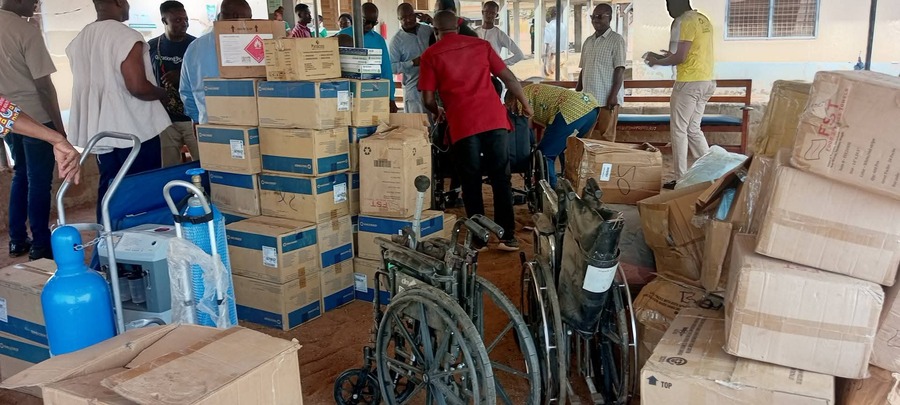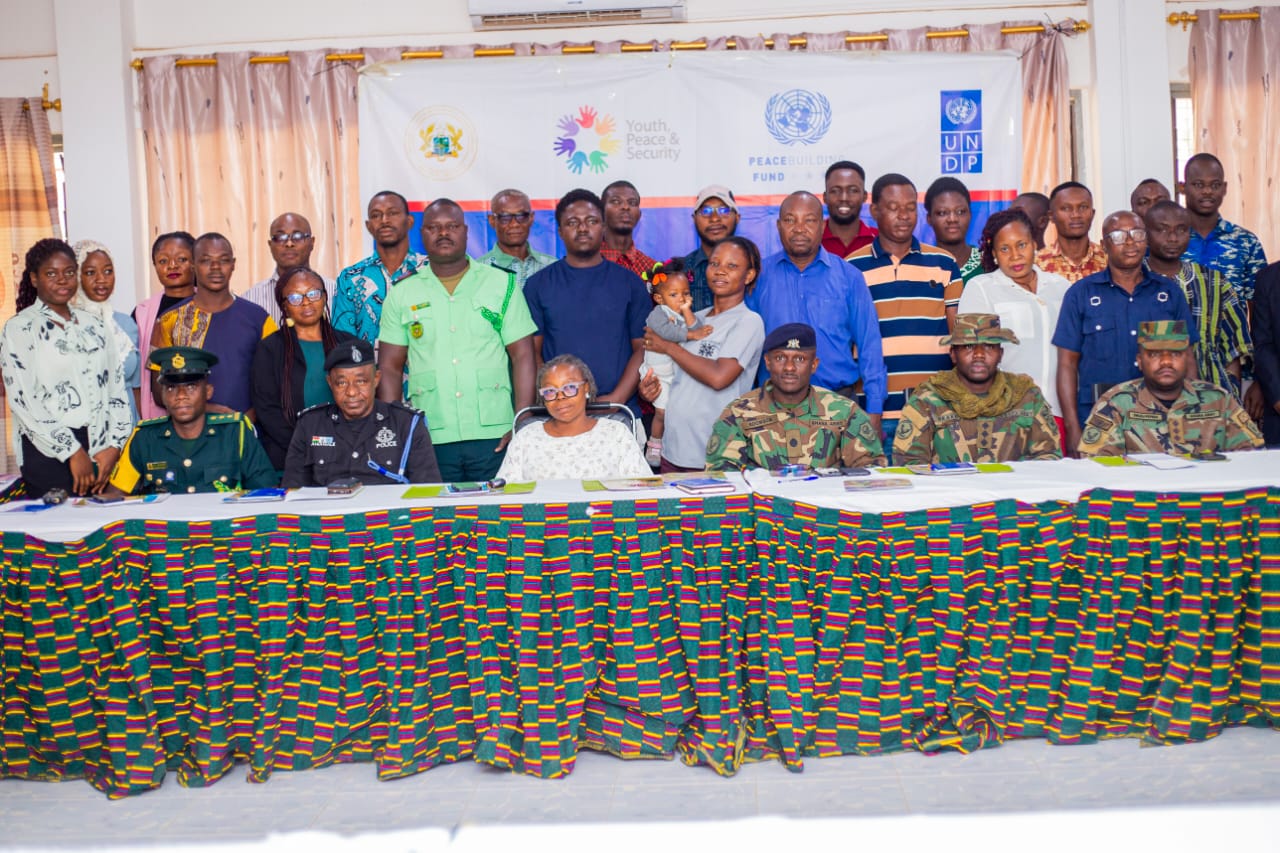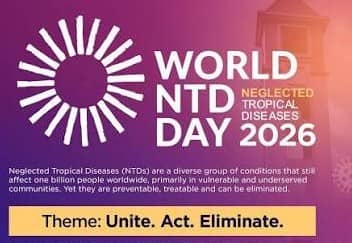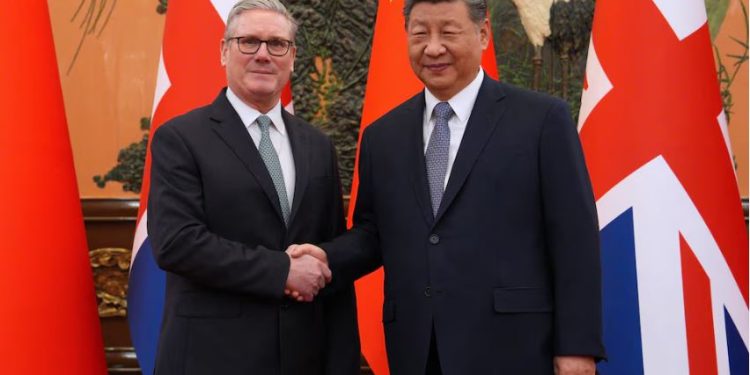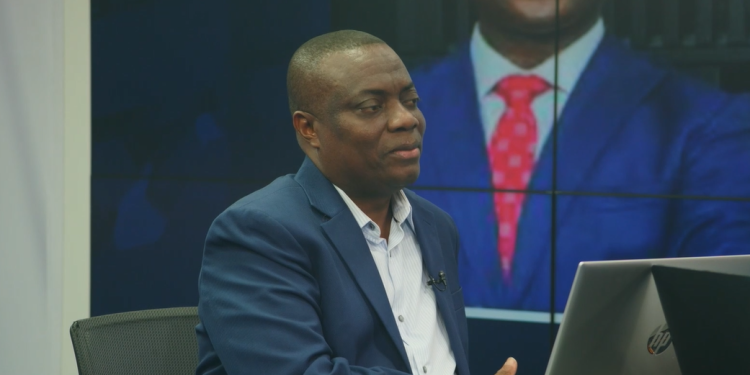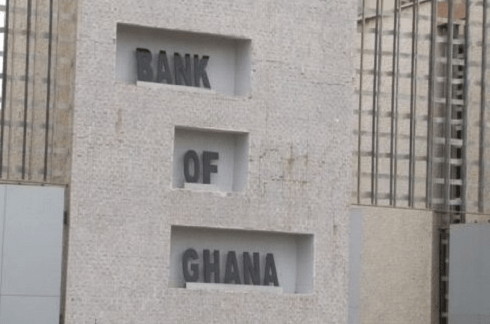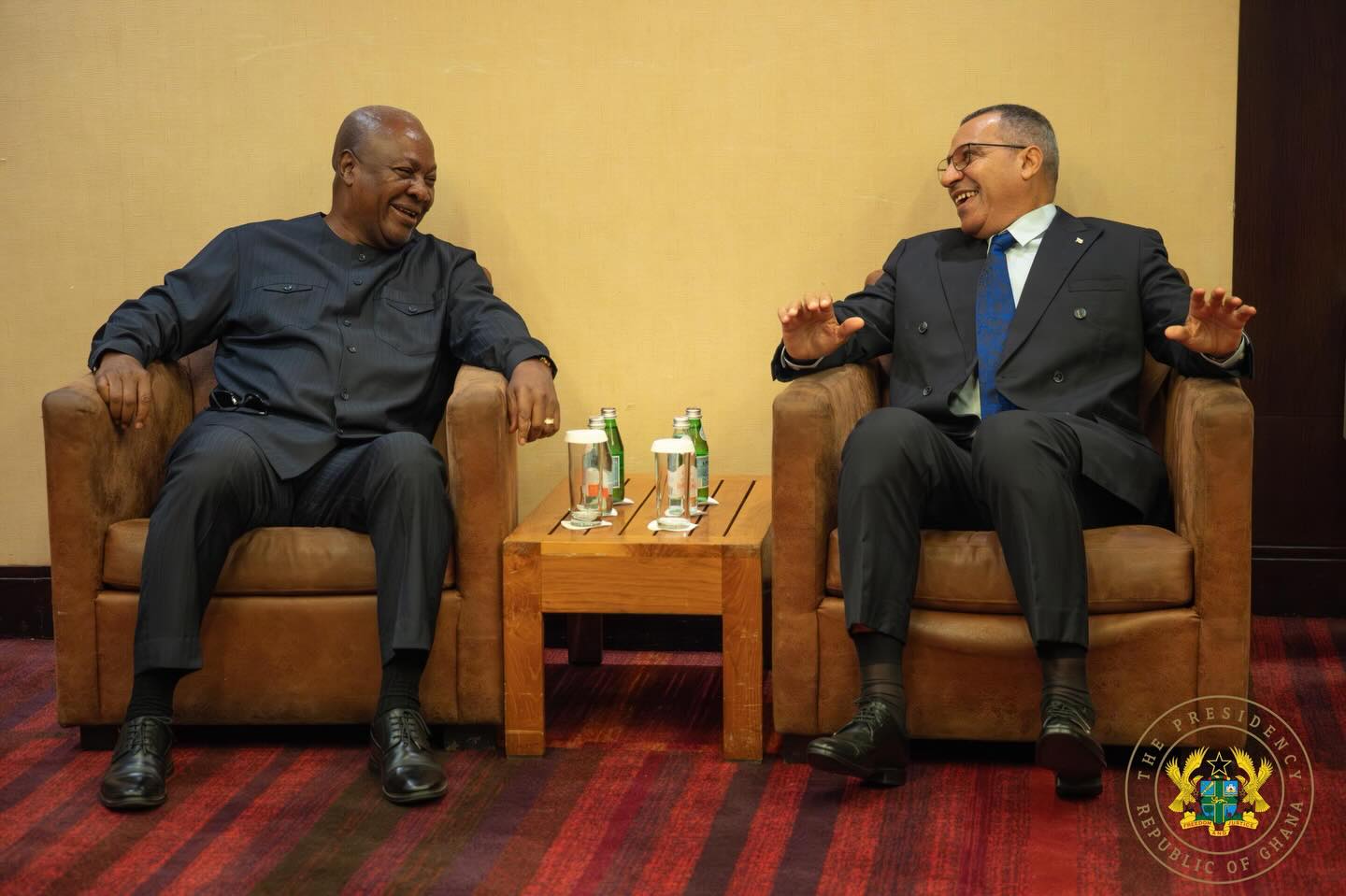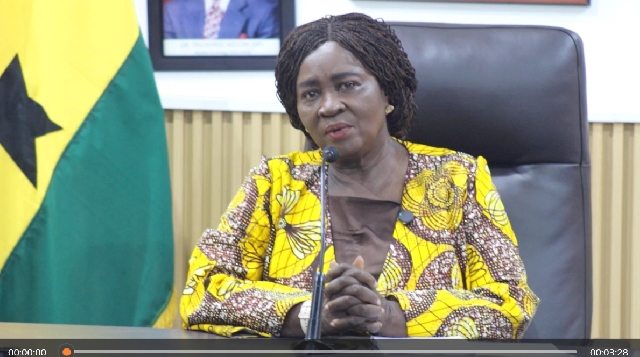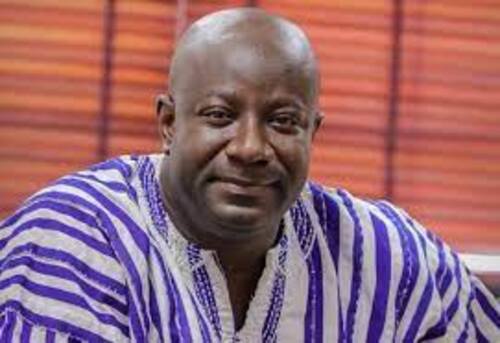Former Member of Parliament for Anyaa Sowutuom, Dr. Dickson Adomako Kissi, has called for the Ghana Gold Board (GoldBod) to bear the cost of water treatment in the wake of a proposed 281 percent tariff increase by Ghana Water Limited (GWL)
Former Anyaa Sowutuom MP, Dr. Dickson Adomako Kissi, is urging the Ghana Gold Board (GoldBod) to shoulder the cost of water treatment in response to Ghana Water Limited’s (GWL) proposed 281 percent tariff hike. GWL has applied for regulatory approval to raise water tariffs from GH¢5.28 to GH¢20.09 per cubic metre, citing mounting debts, operational challenges, and the soaring expense of treating water tainted by illegal mining activities, popularly known as galamsey.
Speaking on Accra-based media , Dr. Adomako Kissi argued that it is unjust for ordinary Ghanaians to absorb these costs. He pointed out that GoldBod, which profits from purchasing gold from both legal and illegal miners, should be held responsible for the environmental damage inflicted on Ghana’s water bodies.
“The GoldBod has made a huge amount of money, which they have flaunted; they have told everybody. Why must I pay for the water treatment as a Ghanaian? Why must I bear that burden? I really think that the revenue from gold that has been flaunted everywhere, a portion of that should be used to work on all the water facilities in this country. I really think that the true beneficiary of the damages to all of our water bodies is the gold and mining industry,” he stated.
Dr. Adomako Kissi further contended that it is unfair for Ghana Water Limited to pass the burden on to consumers. “The idea that Ghana Water Company wishes to increase tariffs that I and you have nothing to do with in terms of damage to our water, I think it is very wrongfully placed. As it stands now, all the gold, whether legal or illegal, goes to GoldBod, and as a matter of fact, I think they should be made to pay for all the water damages in this country,” he added.
Meanwhile, GWL has defended its tariff proposal, explaining that, in addition to pollution from galamsey, factors such as foreign exchange pressures and the high cost of imported equipment and chemicals have compounded its financial difficulties.
The debate highlights growing concerns over who should bear the cost of environmental damage and the broader impact of illegal mining on public utilities and consumers.
Source: Apexnewsgh.com


